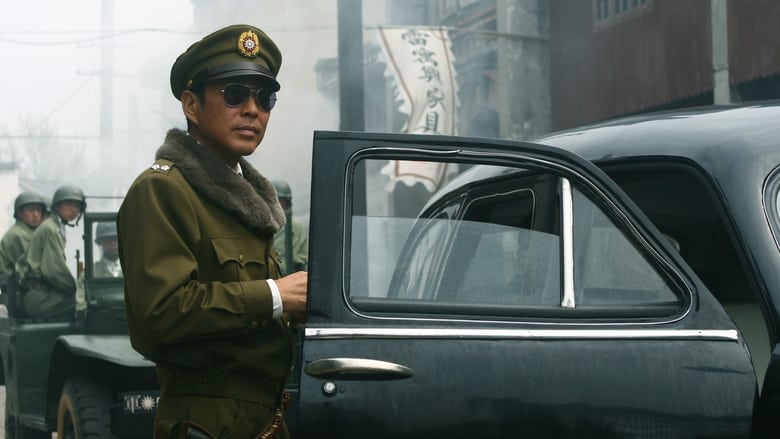What are the best movies about Mao Zedong and his era?
Delve into cinematic portrayals of Mao Zedong's era, exploring films that capture the essence of a transformative period in Chinese history. From historical epics to personal dramas, these movies offer diverse perspectives on a complex figure and his lasting impact.
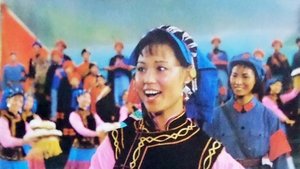

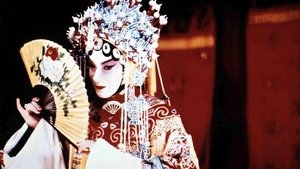
Exploring films about Mao Zedong and the revolutionary period in China offers a fascinating glimpse into a pivotal era. While direct biopics of Mao are rare outside of Chinese state-produced cinema, many films touch upon the profound societal changes and personal struggles of the time. Movies like The Last Emperor provide an outsider's view of the collapse of the imperial system and the rise of new powers, setting the stage for Mao's eventual ascendancy. Meanwhile, Farewell My Concubine offers a deeply personal and often heartbreaking look at how political upheavals, including the Cultural Revolution, impacted individual lives and artistic expression.
It's important to note that Chinese cinema, especially when depicting historical figures like Mao, often operates under specific governmental guidelines, leading to a particular narrative style. However, even within these constraints, some films manage to convey the immense human cost and the ideological fervor of the period. For instance, The Founding of a Republic is a grand historical drama that meticulously chronicles the events leading to the establishment of the People's Republic of China, featuring a prominent portrayal of Mao himself.
Beyond direct portrayals, films like The Blue Kite offer a more intimate, yet equally powerful, perspective on the political movements of the 1950s and 60s through the eyes of ordinary families. These narratives highlight the personal sacrifices and ideological shifts demanded of the populace. When seeking films about this period, consider exploring both official productions and those that offer a more nuanced, sometimes critical, look at the era's impact on Chinese society and culture.
12. The Lin Family Shop (1959)
The Lin Family Shop is a film that reflects the economic and social changes in China during the early 20th century, a period that set the stage for the Communist revolution. While it doesn't directly feature Mao, it depicts the struggles of ordinary people and small businesses under the pressures of war and political instability. This provides valuable context for understanding the societal grievances that fueled the Communist movement and Mao's rise to power. It's a slice-of-life drama that showcases the economic hardships and social injustices that were widespread before the PRC's establishment.
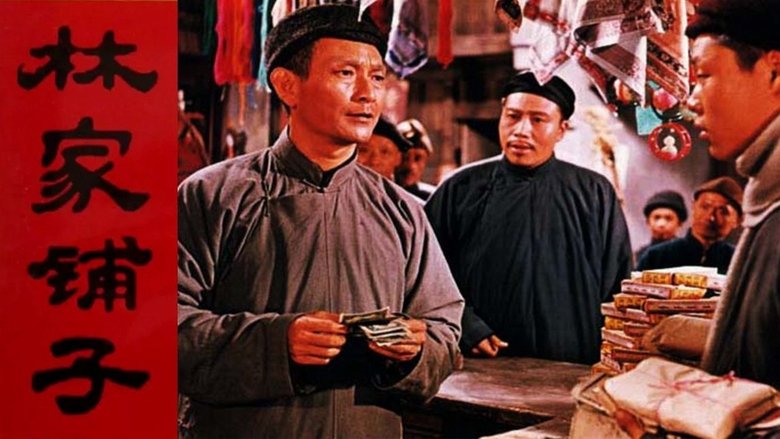
11. The Red Detachment of Women (1961)
The Red Detachment of Women is a classic revolutionary ballet film from 1961, deeply rooted in the ideological narratives of the Mao era. It tells the story of a young woman who escapes a cruel landlord and joins the Red Army. This film is a quintessential example of how art was used to promote revolutionary ideals and the role of women in the Communist movement. While a fictional story, it embodies the spirit and values championed by Mao's government, showcasing themes of liberation, class struggle, and patriotism. It's a fascinating look at the cultural output of the time.

10. Legend of Tianyun Mountain (1980)
Legend of Tianyun Mountain is a significant film in Chinese cinema, offering a critical look at the Anti-Rightist Movement, a campaign launched under Mao's leadership. The film explores the devastating impact of this political purge on intellectuals and ordinary citizens. It's a powerful and often heartbreaking story that reflects on the human cost of political ideology and the search for truth and justice in a complex society. While Mao isn't a direct character, his policies are the driving force behind the events of the film, providing a nuanced perspective on a difficult period in Chinese history.

9. The Message (2009)
The Message is a historical spy thriller set during the Second Sino-Japanese War, a period where the Communist Party, under Mao's leadership, was gaining influence. While the film focuses on a group of code breakers, the underlying tension of the war and the struggle for control within China are ever-present. It provides a glimpse into the clandestine operations and political maneuvering that characterized this turbulent era, offering context to the forces at play before the establishment of the People's Republic. The intricate plot and suspenseful atmosphere make it a gripping watch, demonstrating the complex loyalties and dangers of the time.
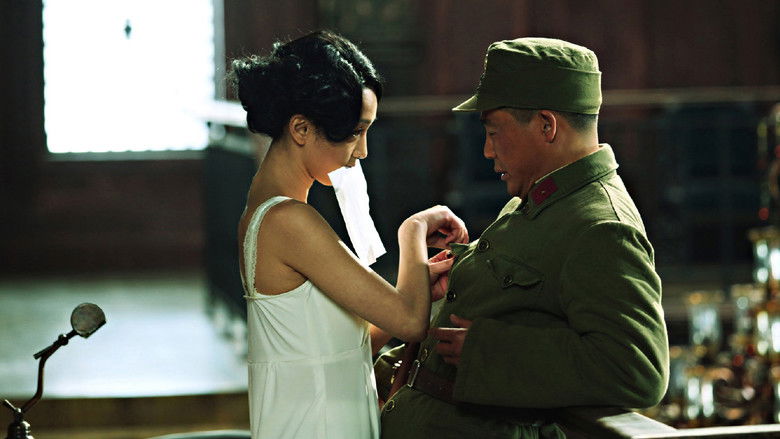
8. The Flowers of War (2011)
The Flowers of War is set during the horrific Nanjing Massacre, a pivotal event in Chinese history that occurred before Mao's full dominance but deeply impacted the national consciousness. While Mao is not a character, the film portrays the suffering and resilience of the Chinese people during a brutal period of foreign invasion. This context is crucial for understanding the widespread desire for national unity and strong leadership that would eventually contribute to Mao's popular support. The film is a powerful and somber reminder of the immense sacrifices made by the Chinese people during the Sino-Japanese War.
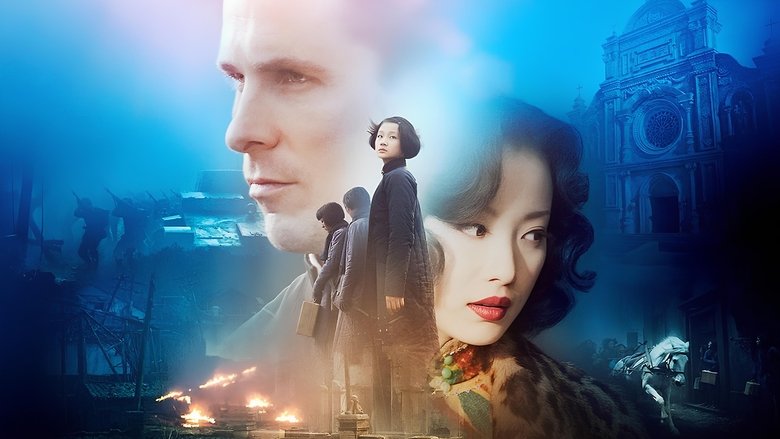
7. Red Sorghum (1988)
Red Sorghum is a visually striking film set in the 1930s, a period preceding Mao's full consolidation of power but laying the groundwork for the revolutionary spirit. While not directly featuring Mao, it captures the raw, earthy essence of rural China and the struggles of its people against both Japanese invaders and local bandits. Directed by Zhang Yimou and starring Gong Li, this film is a powerful allegory for the resilience and spirit of the Chinese people. It depicts a time of great upheaval and the emergence of a strong, independent spirit that would eventually coalesce into the revolutionary movements. Its vibrant color palette and compelling narrative make it a standout.

6. The Last Emperor (1987)
The Last Emperor, while not directly about Mao, provides crucial context to the political landscape that led to his rise. It chronicles the life of Puyi, the last emperor of China, from his enthronement as a child to his eventual re-education under the Communist regime. This visually spectacular film offers a grand historical sweep, showing the decline of imperial China and the subsequent turbulent periods that set the stage for Mao's revolution. It's an essential watch for understanding the preceding era and the societal changes that made Mao's ascent possible. The sheer scale of the production, with real-life locations within the Forbidden City, adds an unparalleled authenticity.
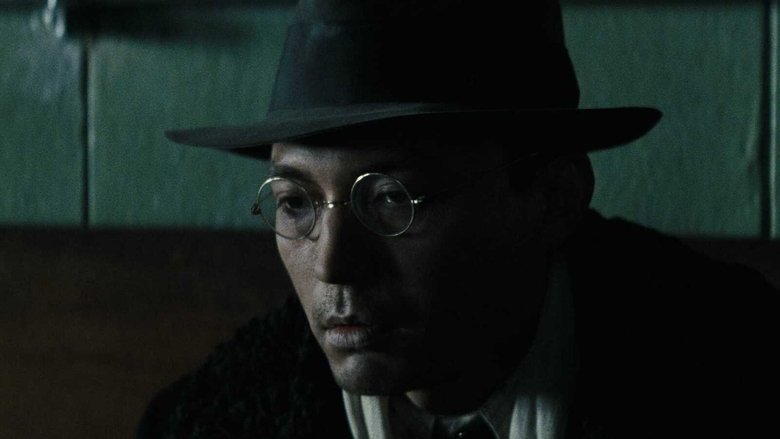
5. Farewell My Concubine (1993)
Farewell My Concubine is a breathtaking epic that spans decades of Chinese history, including the tumultuous period of Mao's rise and the Cultural Revolution. While the film primarily focuses on the lives of two Peking Opera performers, the political backdrop is ever-present, influencing their destinies and the art form they cherish. The film subtly illustrates how Mao's policies and the changing political landscape impacted traditional culture and individual lives. Its stunning cinematography and powerful performances make it a truly immersive experience, offering a rich tapestry of Chinese society undergoing radical transformation. It's a masterpiece that uses personal stories to illuminate grand historical shifts.

4. The Blue Kite (1994)
The Blue Kite offers a poignant and deeply personal perspective on life in China during the Maoist era, seen through the eyes of a young boy. This film is a powerful human drama that explores the impact of political campaigns, particularly the Anti-Rightist Movement and the Cultural Revolution, on ordinary families. While Mao himself isn't a central character, his policies and the societal shifts they caused are the undeniable backdrop to the film's narrative. It's a beautifully shot and emotionally resonant story that highlights the resilience of the human spirit amidst profound historical upheaval. The film faced significant challenges in its production and release, adding another layer of historical significance to its already compelling narrative.

3. The East Is Red (1965)
The East Is Red is a unique and captivating piece of propaganda art that offers a direct glimpse into the cult of personality surrounding Mao Zedong, particularly during the Cultural Revolution. This 1965 musical epic is less a traditional narrative film and more a grand stage production, showcasing songs, dances, and theatrical performances that extol the virtues of the Communist Party and Mao himself. It's a historical artifact that provides invaluable insight into how Mao was presented to the masses and the ideological fervor of the era. While it's a product of its time, its artistic ambition and sheer scale are undeniable. Watching it is like stepping into a living museum of revolutionary art, offering a fascinating perspective on Mao's image and influence.

2. The Long March (1980)
The Long March is an essential watch for anyone interested in the foundational myths of the Chinese Communist Party and, by extension, Mao Zedong's early leadership. This 1980 film delves into the harrowing and arduous journey undertaken by the Red Army, a pivotal event that solidified Mao's position within the party. It's not just a historical recounting; it's a testament to human endurance and ideological conviction. The film showcases the immense challenges faced by the soldiers, from brutal terrain to relentless pursuit, and highlights Mao's strategic acumen during this critical period. You'll be transported back to a time of immense struggle and sacrifice, gaining insight into the origins of a movement that would reshape a nation.
1. The Founding of a Republic (2009)
If you're looking for a direct and epic portrayal of Mao Zedong's rise to power, look no further than The Founding of a Republic. This film, released to commemorate the 60th anniversary of the People's Republic of China, is a star-studded affair featuring a Who's Who of Chinese cinema. It meticulously chronicles the period from the Chinese People's Political Consultative Conference in 1949 to the grand ceremony of the PRC's founding. What makes this film particularly fascinating is its commitment to historical detail and the sheer scale of its production. It's a grand, sweeping narrative that offers a detailed look at the political machinations and key figures of the era, with Mao at its very center. You'll gain a deep understanding of the events that shaped modern China, presented with an almost documentary-like precision.
